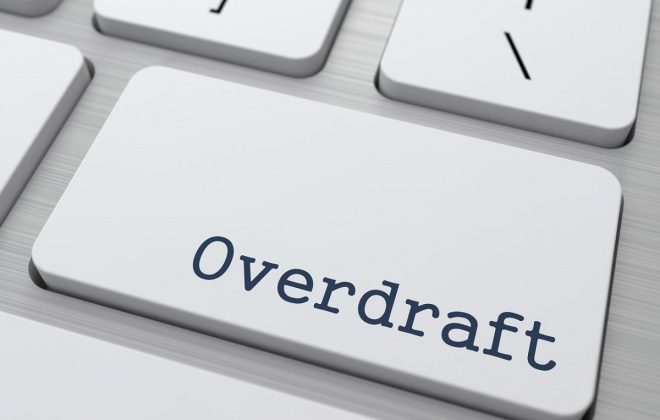Is debt counselling a better alternative to debt consolidation?
What is debt counselling?
According to the National Credit Act, debt counselling is a process that will help restructure the debt obligations of consumers who cannot pay their debts.
“Debt counselling is the most affordable way in which to pay off existing debt without incurring further debt,” says Neil Roets, CEO of Debt Rescue.
This relief plan will reduce the consumer’s monthly instalments, according to Roets.
It also ensures that consumers have sufficient money available to pay for their necessary living expenses.
Moreover, debt counselling allows consumers to obtain legal protection against new legal action by credit providers through the National Credit Act.
According to the act, consumers undergoing debt counselling cannot get new credit. Existing creditors have to direct all future communication regarding the consumer to the debt counsellor.
Why choose debt counselling over debt consolidation?
Roets says debt consolidation is a replacement of debt with more debt.
“The application of debt consolidation means that a new loan is taken out to the amount of all other smaller loans,” says Roets.
“However, the loan is taken at a lower interest rate and instalment than that of the smaller loans combined.”
He says consolidation increases the burden.
“In practice, we see that new loans are taken out, and that in most cases the existing loans are not paid up nor closed,” comments the CEO.
Furthermore, Roets says the lending criteria makes it harder for the already indebted consumers to qualify for a consolidation loan.
That criteria includes assessing affordability and checking payment history, including returned and missed payments.
Way forward
Roets says the most important thing for consumers is to understand their financial situation.
Draw up a budget. This will allow you to see what your income is, as well as what amount you need to cover your living expenses. In addition, it will allow you to track your spending on debt repayments.
“By having this insight into your finances, you can make decisions, such as whether to cut back on unnecessary living expenses.”
This will allow consumers to see if they are already over-indebted and need to find help.
“When a consumer is already struggling financially, it is very strongly advised to not incur further debt and ending up in a debt spiral,” he concludes.
Until next time,
The MoneyShop.co.za Team
MoneyShop





